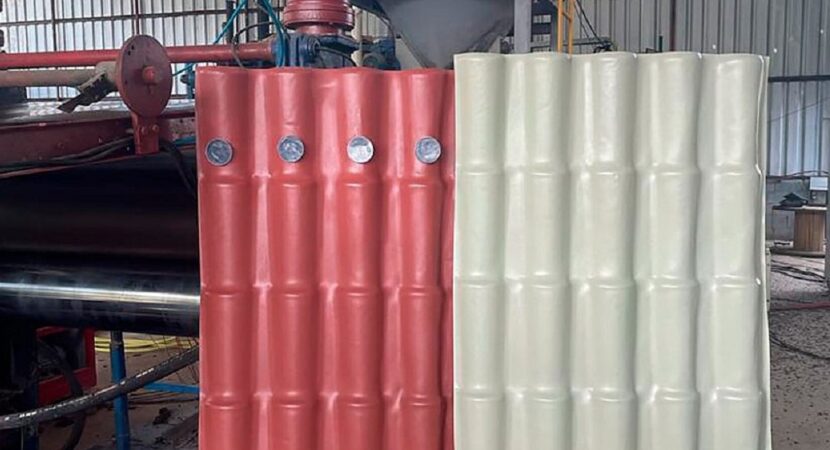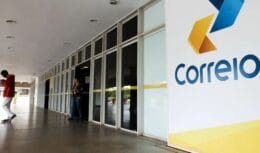
Telite, a company in the plastics industry, has developed tiles, from recyclable plastic, capable of generating electricity and with a useful life of 80 years
The company Telite, a company from Rio de Janeiro that operates in the plastic industry, is introducing plastic recycling in its factories for the production of tiles solar. The company, which specializes in tiles, has developed a model using the graphene material that can generate solar energy, consequently making the tiles “producers” of electricity.
Telite aims to return to the production chain a new product that is built from waste generated by homes, businesses and industries. Through intelligent processes, the company guarantees that each solar tile for the production of electricity has a sustainable, economical and clean useful life.
Operation of solar tiles for the production of electricity
To manufacture the solar tiles, the company uses about 150 tons of recycled plastic every month, removed from the environment through its reverse logistics program. The material used in the electric power tiles is high-density polyethylene, which is waterproof, non-toxic, resistant to high temperatures and does not harm the environment.
The technology applied to capture sunlight on the tiles allows each tile plate, whose size is 1,90m x 1,10m, to have a generation capacity of up to 150 Kwh per month. According to data from the national average of energy consumption, with only two tiles it will be possible to supply a residence with electricity for the period of 30 days.
According to Telite, the use of just four tiles could generate around 30 kilowatts of electricity per month, enough to supply a house with a living room, kitchen, two bedrooms and a bathroom. The service life of solar tiles is up to 80 years.
Features of solar tiles
Solar tiles, capable of developing the energy electric, weigh about 7 kg and measure just over 2 m in length. They have layers that can be applied to any type and size of tile, facilitating installation and covering larger areas.
Roof tiles are also capable of absorbing solar energy on cloudy and rainy days without affecting their photovoltaic capacity. The first tests of solar tiles were carried out on two houses, one in the southeast and the other in the south of Brazil. However, the technology is still undergoing certification by Inmetro and is still being tested in different regions of the country.
The results obtained by Telite are very optimistic: more than 2.345 tons of recyclable materials were collected to create sustainable products. Approximately 25.600 tiles were developed from plastic recycling and there was a reduction of 1.065.000,00 kg of CO2 on the planet.
Initiatives for the recycling of materials made by companies
An example of the initiative aimed at the reverse logistics of plastic is the Disposable Cups Recycling Program. Developed by Braskem, in partnership with Dinâmica Ambiental and with the support of Copobras, Altacoppo, Unigel and Innova, the company's initiative correctly and efficiently sends materials that are widely consumed in corporate environments and events to recycling.
An example of the program is the collection of disposables, such as cups, which are collected by the teams from Dinâmica Ambiental and sent to recycling companies. There, the materials are transformed into post-consumer resin and gain new uses, and can be applied in the segments of cosmetic caps and cleaning products, household utilities, in the automotive or furniture industry and in the manufacture of household appliances and bicycles.
In addition to contributing to the circular economy, the program is also educational, as employees of companies that join the program receive training on the disposal process and other good sustainable practices.













Cade helps RS, for Madono 60…
Even the F15s had a grip on the Gripen…
It’s more of the same VW being VW…
I'm interested
My husband is passionate about Monza,…
It's the best that the bankrupt left...
You have to be careful... "When you see it...
Which source did you read from, that…